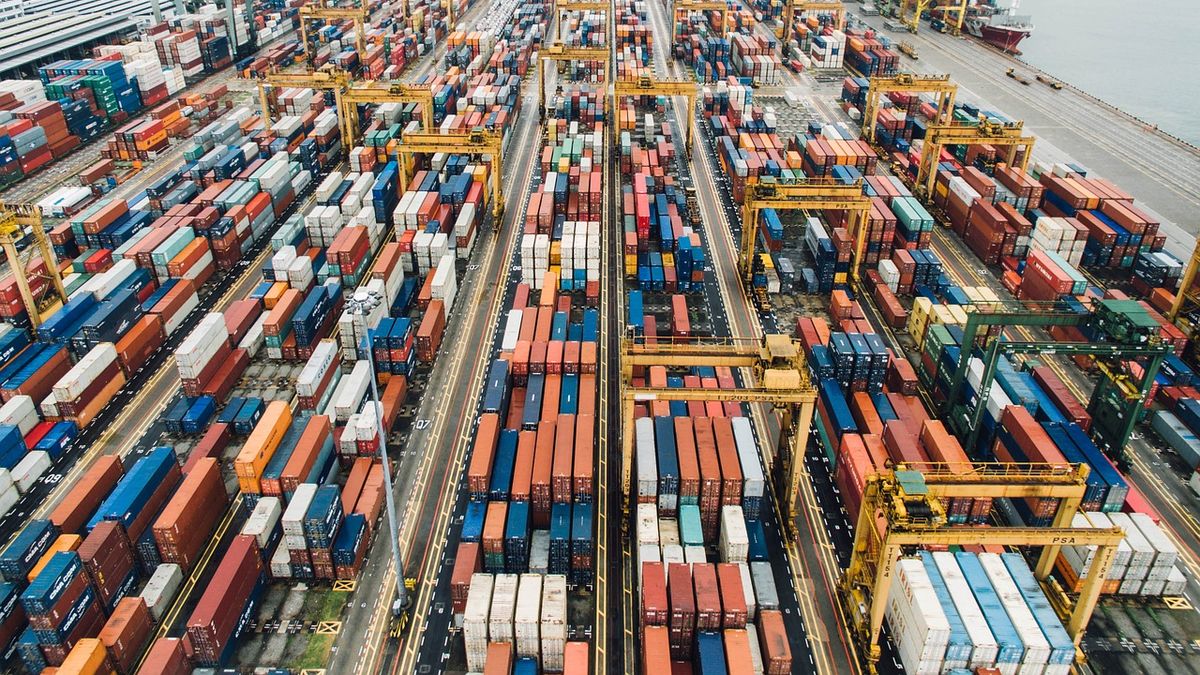Spokesmen for business associations agree that in recent months there has been a noticeable change in the collection of debts for exports toward Argentinaalthough in some sectors there is now growing concern about the possible impacts of the recession in the neighboring country.
The president of the Chamber of Industries of Uruguay (CIU), Fernando Pachehe explained in statements to Scope What has been the improvement of the situation with Argentina in recent times.
“In the last nine months the situation has been divided into two. For those companies that have agreed to a payment condition through the Bopreal“If a bond was worth 100,000 dollars when it was first issued, there were companies in Argentina that paid 65,000 and 85,000 depending on the month of maturity of that bond. Today we are practically at 100%, that is, they will collect the full amount they expected. On the other hand, we have Argentine importing companies that began to pay from March onwards in 30 days and that managed to agree with their Uruguayan exporters to pay in installments without entering into the bond system as in the case of Fepache SA,” he explained.
“The partners we have in the Chamber, who were the ones who informed us and demanded support on a weekly basis because not only were they not collecting what they exported, but they also did not have licenses to import, are no longer informing us of anything. They have been collecting everything,” said the business spokesman.
Pache clarified, meanwhile, what is happening with some particular situations. “Of everything that was due to the Uruguay There are debts owed by two or three multinationals that are intercompany debt, that is, debts of a company that belongs to the same shareholders as the other company in the other country. These may have been pending collection due to strategic accounting issues,” said the president of the Chamber of Industries.
“The final summary is that the operation has radically changed, beyond the fact that it may have undoubtedly decreased due to the recession that is lived in Argentina. Exported volumes have decreased, but payment for exports within 30 days is being strictly complied with. On a scale from 1 to 10, we could say that we are satisfied with 7 points and are exporting,” concluded Pache.
At the level of the Uruguayan Exporters Union (UEU)), the diagnosis is similar, although there is an alert given that the current recession in the Argentine economy is causing impacts on sales.
“At one point we had 200 million dollars of debt here, including the intercompany debt, which is mainly in the automotive sector. Now we are talking about perhaps 20 million. It has dropped significantly. 80% has been paid off, from December until now,” he said. Facundo Marquezpresident of the UEU Scope.
Regarding the reasons for this happening, he argued that “with fewer restrictions on importers, having lifted the country taxall this makes it easier for importing companies to access dollars and facilitates the trade flow“. “On the other hand, Argentina is going through economic issues that also affect the flow of trade,” he said.
Source: Ambito
David William is a talented author who has made a name for himself in the world of writing. He is a professional author who writes on a wide range of topics, from general interest to opinion news. David is currently working as a writer at 24 hours worlds where he brings his unique perspective and in-depth research to his articles, making them both informative and engaging.




